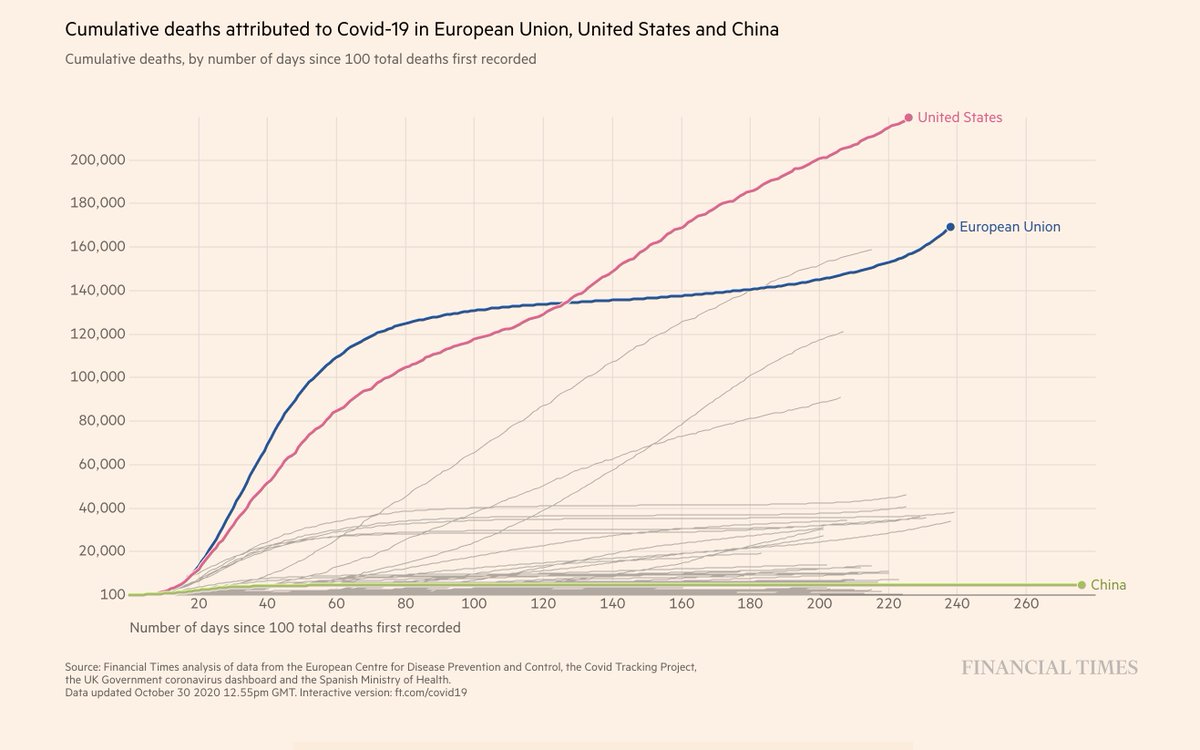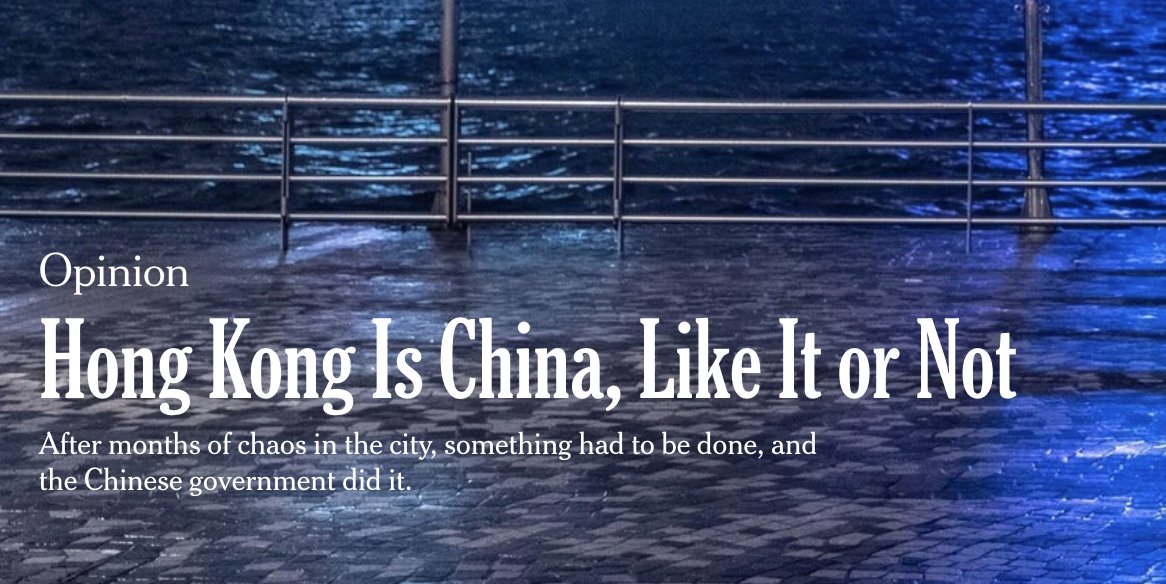
Four years ago, I was more pessimistic than most: I never assumed the institutions would contain Trump.
Now, I'm more optimistic than many: If Biden wins, we are likely to have a relatively peaceful transition of power.
My latest @JoinPersuasion.
THREAD persuasion.community/p/yascha-mounk…
Now, I'm more optimistic than many: If Biden wins, we are likely to have a relatively peaceful transition of power.
My latest @JoinPersuasion.
THREAD persuasion.community/p/yascha-mounk…
It’s now difficult to remember how outlandish the position that "established" democracies could come under threat once was.
When Roberto Foa and I first showed a famous mentor our paper on deconsolidation, he strongly disagreed with the idea that democracy might be in danger.
When Roberto Foa and I first showed a famous mentor our paper on deconsolidation, he strongly disagreed with the idea that democracy might be in danger.
But now, pessimism has become fashionable:
Pundits routinely warn of an impending civil war or worry that Donald Trump will carry out a putsch.
Here’s why that’s unlikely.
Pundits routinely warn of an impending civil war or worry that Donald Trump will carry out a putsch.
Here’s why that’s unlikely.
Democratic institutions remain under threat around the world.
Populist leaders have ended democracy in Turkey and Venezuela, concentrated vast powers in their own hands from Hungary to the Philippines, and may soon do so in Brazil and India.
The populist era is far from over.
Populist leaders have ended democracy in Turkey and Venezuela, concentrated vast powers in their own hands from Hungary to the Philippines, and may soon do so in Brazil and India.
The populist era is far from over.
The Trump years have also badly damaged America.
Many predicted that the Republican Party would rein in Trump; instead, he remodeled it in his image.
Independent institutions were supposed to do business-as-usual; instead, many of them did Trump’s bidding.
Many predicted that the Republican Party would rein in Trump; instead, he remodeled it in his image.
Independent institutions were supposed to do business-as-usual; instead, many of them did Trump’s bidding.
If Trump wins re-election, he will step up his attacks on democratic institutions. Checks on his power will continue to weaken. And while Biden leads in the polls, Trump could very well win a second term.
The stakes of tomorrow's elections are extremely high.
The stakes of tomorrow's elections are extremely high.
Even if Biden wins, the next weeks will be scary.
Trump may try to declare himself the victor. He's likely to claim that millions of votes were cast illegally. He may even encourage his supporters to protest the outcome of the election or insinuate that he will not leave office.
Trump may try to declare himself the victor. He's likely to claim that millions of votes were cast illegally. He may even encourage his supporters to protest the outcome of the election or insinuate that he will not leave office.
But while Trump can sow chaos, he does not have nearly enough power to defy a loss at the polls.
Trump does not control the judiciary, state governments, or the press.
Nor has he installed hand-picked generals who would be willing to defy the constitution for his benefit.
Trump does not control the judiciary, state governments, or the press.
Nor has he installed hand-picked generals who would be willing to defy the constitution for his benefit.
American elections are administered in a highly decentralized manner.
Republican hardliners are already engaging in shameful shenanigans. But in virtually all swing states they are subject to the countervailing power of courts as well as Democratic legislators or governors.
Republican hardliners are already engaging in shameful shenanigans. But in virtually all swing states they are subject to the countervailing power of courts as well as Democratic legislators or governors.
Nor do we stand on the brink of civil war.
There may well be violent fights in the streets of Washington or Philadelphia. But tragic though the next days may turn out, such confrontations would no more add up to a civil war than the deadly clashes in Portland or Kenosha.
There may well be violent fights in the streets of Washington or Philadelphia. But tragic though the next days may turn out, such confrontations would no more add up to a civil war than the deadly clashes in Portland or Kenosha.
There is good reason to think seriously about possible outcomes as well as probable ones.
But to treat an impending putsch or civil war as a likely outcome rather than a very remote possibility needlessly terrifies people.
It's neither moral nor strategically smart.
But to treat an impending putsch or civil war as a likely outcome rather than a very remote possibility needlessly terrifies people.
It's neither moral nor strategically smart.
The past four years have shown that democratic citizens can make disastrous choices. But I also retain the hope that they can, and will, correct course.
If you truly believe in democracy, then you should too.
[End.]
If you truly believe in democracy, then you should too.
[End.]
• • •
Missing some Tweet in this thread? You can try to
force a refresh








